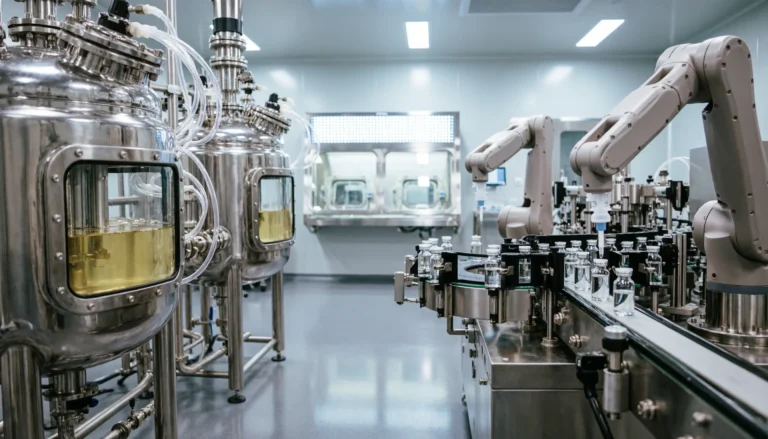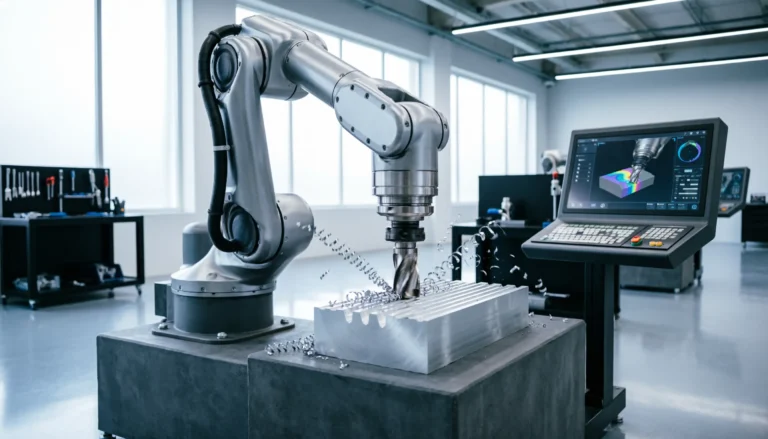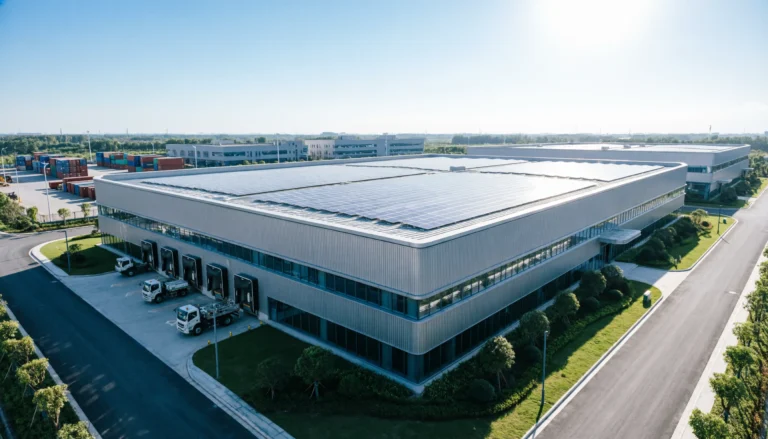
ResearchAndMarkets.com has introduced the “Automotive Integrated Die Casting Industry Report, 2024” to its offerings. This comprehensive report delves into the current state of the integrated die casting industry, analyzing the product layouts of OEMs and suppliers within the industry chain while forecasting future trends.
Key advancements have been noted upstream in the integrated die casting supply chain, particularly with die casting machines, molds, and non-heat-treatable materials. Notably, the industry has seen a significant increase in the size and capability of die casting machines. For instance, L.K. Technology recently unveiled a groundbreaking 16,000T super-large die casting unit, marking a remarkable increase from 6,000T in just three years. This development is poised to cater to a wide range of vehicle models, from Class A0 to SUVs.
Looking forward, manufacturers such as Tesla, L.K. Technology, and Haitian Die Casting are now progressing towards the deployment and development of die casting machines exceeding 20,000T. In collaboration efforts, Haitian Die Casting and Chongqing Millison Technologies have announced plans to jointly develop such super-large machines.
Meanwhile, advancements in integrated die casting mold technology have also been noteworthy. Manufacturers like ZDM (Zhenzhi) Machinery & Mould have made significant strides, developing molds with capacities exceeding 250 tons, which facilitate the integrated die casting of complex automotive components like chassis structures.
Additionally, the report highlights the emergence of non-heat-treatable materials within the industry, with several Chinese manufacturers securing patents through independent research or collaborations with automakers and universities. Xiaomi, for example, achieved a significant milestone with its ‘Xiaomi Titans Metal’ alloy material patent in August 2023.
The application of integrated die casting in vehicle manufacturing has expanded significantly, covering essential parts such as rear underbodies, front cabins, middle integrated parts, and battery trays. This technology has been adopted by leading automakers including Tesla, NIO, and Xpeng, contributing to weight reduction and manufacturing cost efficiencies.
Looking ahead, the report outlines several key topics, including an overview of the industry, technological advancements, OEM and Tier1 supplier strategies, and the evolving supply chain landscape. It provides valuable insights into the future trajectory of integrated die casting, predicting further advancements in machine tonnage capabilities, mold technologies, and material innovations.
For more detailed information on the “Automotive Integrated Die Casting Industry Report, 2024,” please visit ResearchAndMarkets.com.




